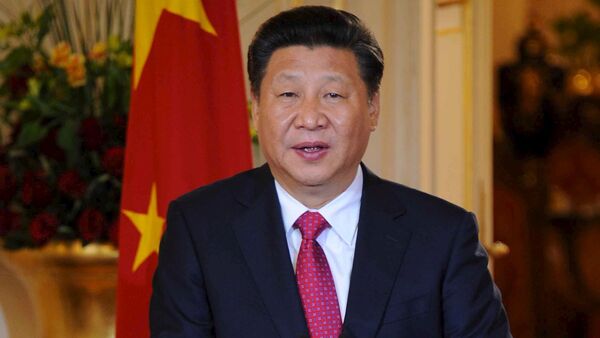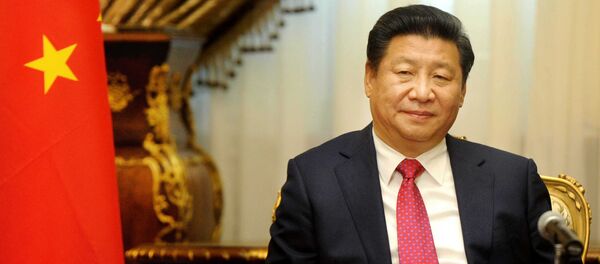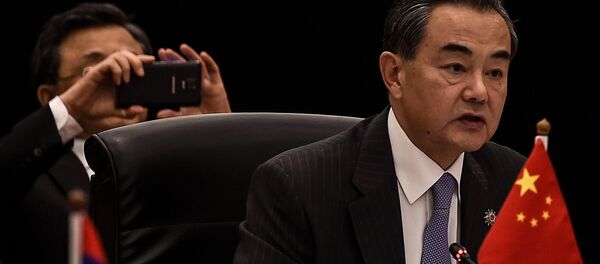President Xi’s sometimes oblique budget statements offered that he considers "supply-side,”" along with structural issues, as the most troublesome of China’s current economic issues, suggesting that by focusing on these issues specifically, the world’s second largest economy can remain fiscally healthy.
The growth of the Chinese economy reached a 25-year low last year of 6.9%.
Xi stated to Chinese television that, "The main direction (of the reform) is to reduce ineffective supply, increase effective supply, and make the supply structure more fitting to the demand structure."
Central to his carefully-parsed reform proposals are the recalibration of the country’s state-owned businesses, hastening changes to the government’s role in enterprise, and cementing changes to pension and financial areas, pricing, fiscal policies and taxation. The Chinese president, without offering nuts and bolts policy points, stated that the government and the market must work hand-in-hand to balance these changes.
Dong Yuping, an economist at the Chinese Academy of Social Sciences, was quoted in the China Daily as saying "Xi's reiteration of supply-side structural reform reflects policymakers' judgment of the current situation," adding that, "Supply-side structural reform is the key to solving the problems facing the economy."
Niu Fengrui, who directs the Institute for Urban and Environmental Studies at the Chinese Academy of Social Sciences, said that China is yet to implement any reform agenda. He said "That's why Xi has repeatedly called for strengthening of efforts to push the reform."
President Xi has stated that local governments are "missing the point," by focusing on aspects of the economy such as low profits, housing issues and bloated capacity. He believes China’s energies would be better spent zeroing in on lowering corporate costs, decreasing leverage and stock, and strengthening weak links in state-owned enterprises.
"The Chinese economy may have cyclical and aggregate demand problems, but the main problems are structural ones, and the key issue still lies on the supply side." the President said on Chinese TV.
Although Xi has been consistent, the expressly vague language of "supply-side reform" has led to confusion among parliament members along with the misuse of critical funds.
Julian Evans-Pritchard, a China economist at Capital Economics in Singapore, told Reuters, "I think that's always been an issue in China. It's such a big country with so many layers of government — it's a challenge to push the message forward to a local level and make sure implementation is done properly."
Opinions on how to bolster the Chinese economy range from outfitting the country’s many noodle shops with wireless internet, to having Chinese manufacturers produce toilets that Chinese people are currently buying from Japan in large quantities.
When the roughly 3,000 national delegates descend on Beijing for the annual National People’s Congress, some measure of consensus will have to be reached if the President’s ideas on the economy are to succeed.
"Nobody has defined it," said economist Tao, who works for Credit Suisse in Hong Kong. "If we don't know exactly what "supply-side economics" is, how can you say that local governments' definitions are wrong?"







